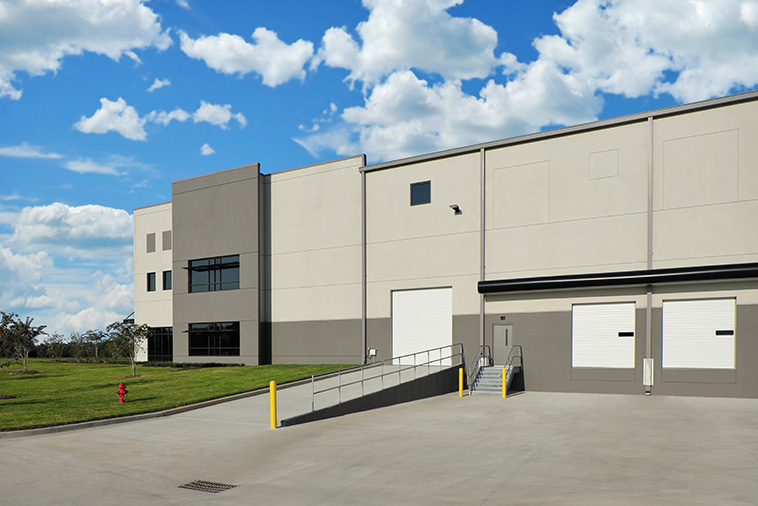Did you know the materials used in commercial construction projects play an active role in reducing our environmental footprint and mitigating climate change? As sustainability efforts become a paramount concern globally, there have been many debates surrounding the sustainability of construction materials, specifically the comparisons between concrete and asphalt. So, our expert concrete contractors in Wichita at Encore Pavement are answering the popular question: Is concrete more sustainable than asphalt? Find out the answer below!
The Case for Concrete
Concrete, composed of aggregates, water, and cement, has been a staple in construction for centuries due to its durability, versatility, and strength. But it’s not just an attractive choice for roads, sidewalks, buildings, and bridges due to aesthetics—it’s also the most sustainable option.
Durability and Longevity
One of concrete’s primary sustainability advantages lies in its durability and longevity, and low maintenance. If constructed properly, concrete structures can last for decades and require minimal maintenance when compared to other materials. This, in turn, reduces the need for frequent reconstruction or repairs and helps conserve resources.
Recyclability and Reusability
Concrete is highly recyclable and can often be crushed and reused when mixed with new concrete. This process not only conserves natural resources but also reduces waste sent to landfills, as concrete is often re-used on the same project site. According to the American Concrete Pavement Association, over 140 million tons of concrete are recycled each year!
Energy Efficiency
Because concrete paving absorbs carbon dioxide as it ages, it helps to reduce the amount of CO2 in the atmosphere and has been shown to increase fuel efficiency by providing a safer and smoother ride for drivers. Another great thing about concrete? Its light color helps to generate less heat in the area, contributing to a lower carbon footprint.
The Sustainability of Asphalt
Asphalt has a similar composition to concrete, consisting of aggregates, but differs through its petroleum-based binder. While asphalt offers other attractive benefits to property owners, such as smooth driving surfaces and quick construction, when it comes to evaluating the material’s sustainability, concrete remains a more sustainable option.
Limited Lifespan
In general, asphalt has a relatively shorter lifespan when compared to concrete. Factors like weather, heavy traffic, and inadequate maintenance can accelerate asphalt deterioration, leading to more frequent resurfacing or replacement.
Use of Fossil Fuels
Unlike concrete, asphalt production relies heavily on fossil fuels, both as a raw material for the binder and as an energy source during manufacturing. This dependency contributes to carbon emissions and can exacerbate environmental concerns associated with climate change and air pollution.
Recycling Challenges
While asphalt may be recyclable, the process is often more complex compared to concrete recycling. Reclaimed asphalt pavement can be incorporated into new asphalt mixes, but there are still some limitations regarding the quality and percentage of recycled material that can be used.
Our Final Verdict
So, what’s our final verdict? Ultimately, the choice between concrete and asphalt should be informed by your specific project requirements and goals; however, if you’re looking to make your final decision based on environmental considerations, concrete may be the most sustainable route. Our concrete contractors in Wichita at Encore Pavement are constantly monitoring new technologies and are looking forward to helping customers lead the way toward a more sustainable future, one concrete slab at a time.



